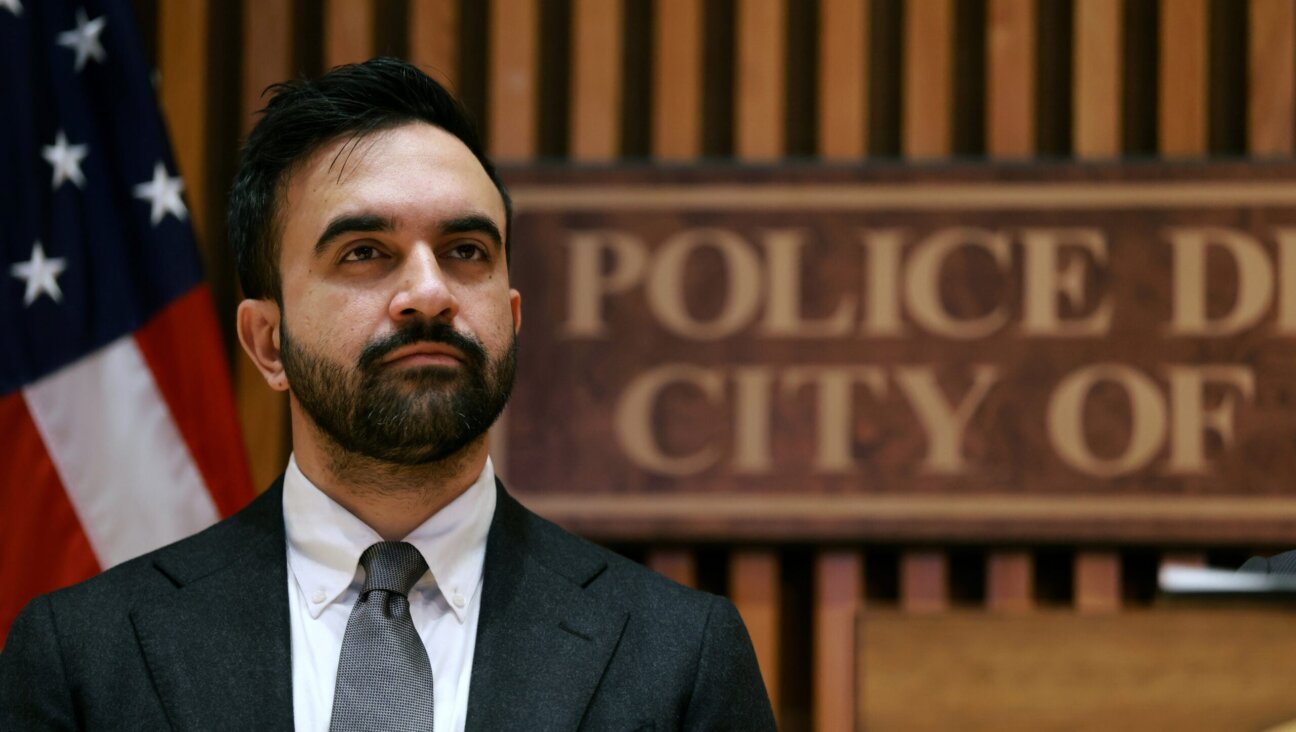Jury Starts Deliberating in Etan Patz Murder Case
(Reuters) — A jury on Wednesday began deliberations in the trial of a former grocery worker accused of kidnapping and murdering a missing New York boy, whose 1979 disappearance galvanized national attention to the issue of missing and abducted children.
Pedro Hernandez, 54, confessed to police in 2012 that he choked 6-year-old Etan Patz, stuffed him in a box and left him in a New York alley.
The boy’s picture was one of the first to appear on milk cartons.
Defense attorneys say Hernandez’s confession was coerced, and that he is mentally ill, intellectually disabled and suffers hallucinations.
Summing up the case in state Supreme Court in Manhattan, Assistant District Attorney Joan Illuzzi-Orbon reminded the jury on Tuesday of the impact the boy’s disappearance had made.
“He represents a moment in this city and this country where there was a loss of innocence, trust, a way of life,” she said.
“Etan, by his death, saved many, many children from a similar fate,” she added.
The crime has long haunted New Yorkers who can recall the massive search for the blond boy. Patz, who was never found, was declared dead in 2001.
The jury, which started hearing testimony in January, began deliberations Wednesday afternoon.
No forensic evidence was presented at trial, and Hernandez did not take the witness stand.
In his confession videotaped by police and played to the jury, Hernandez described luring Patz into the delicatessen where he worked, taking him to the basement and strangling him.
If convicted, Hernandez faces the possibility of life in prison.
Defense attorneys put blame on Jose Ramos, who dated a Patz family babysitter and was long considered the prime suspect. Ramos is serving a prison term for sexually abusing boys.















